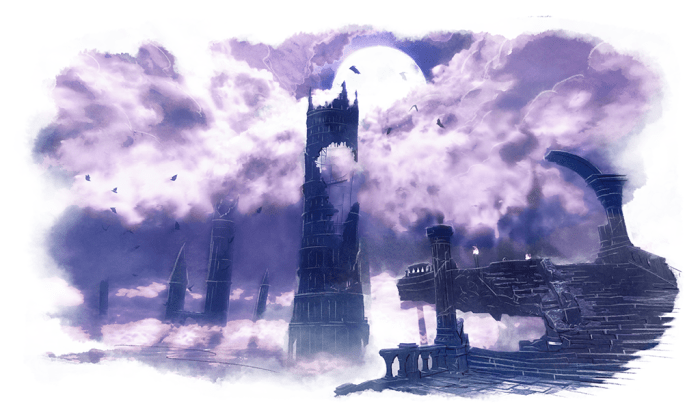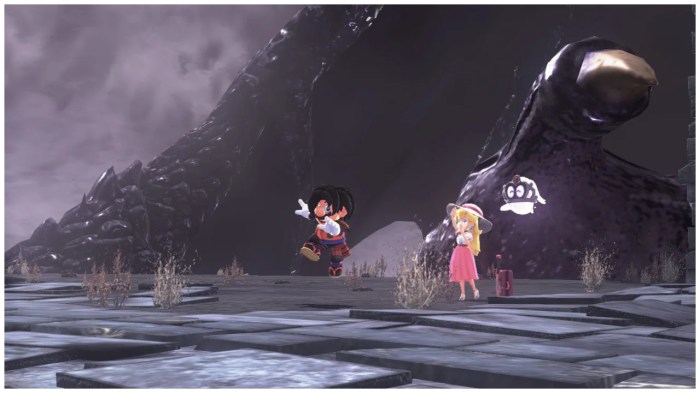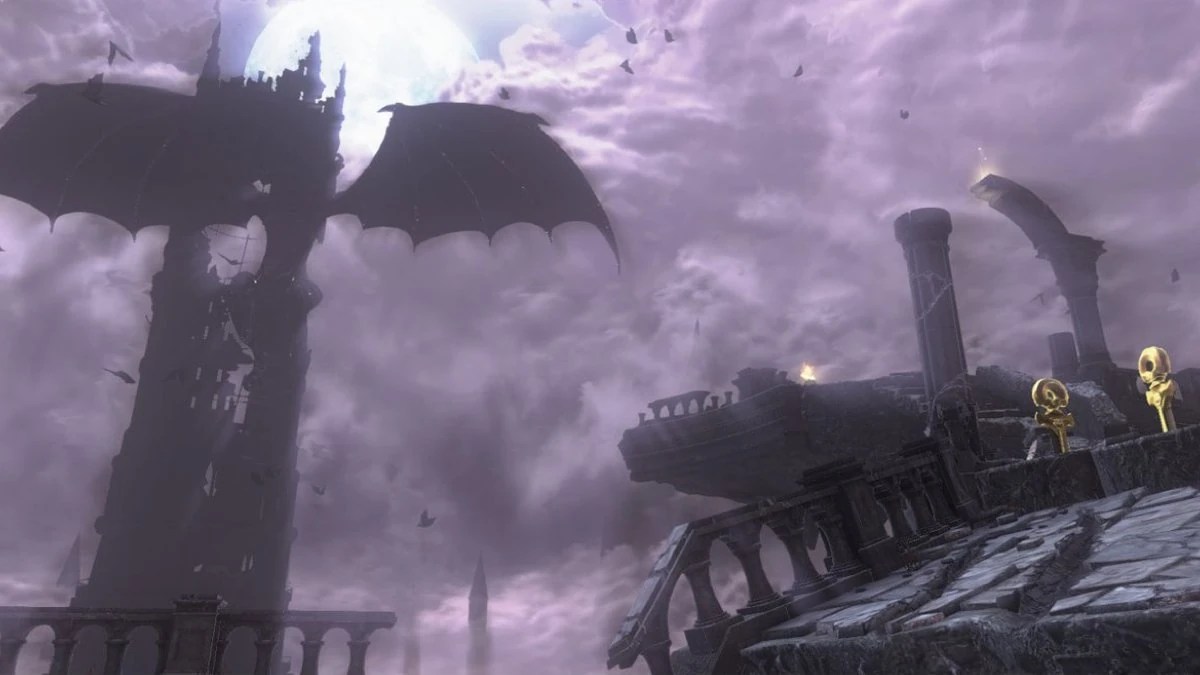The dragon’s husband god of a ruined kingdom – In the annals of mythology, the enigmatic figure of the “Dragon’s Husband God” emerges from the depths of ruined kingdoms, entwined with ancient legends and profound symbolism. As we delve into the mythological tapestry surrounding this enigmatic deity, we uncover a captivating narrative that has captivated cultures and imaginations for centuries.
From the primordial depths of mythological origins to the intricate symbolism embedded within his attributes, the Dragon’s Husband God stands as a testament to the enduring power of divine narratives. This discourse embarks on a comprehensive exploration of this fascinating deity, examining his historical context, literary and artistic representations, and comparative mythological parallels, culminating in a deeper understanding of his enduring significance in human storytelling.
The Dragon’s Husband God of a Ruined Kingdom

The “Dragon’s Husband God” is a fascinating and enigmatic figure found in the mythologies of various ancient cultures. This deity is often associated with dragons, ruined kingdoms, and divine powers, and his legend has been passed down through generations, inspiring countless stories and works of art.
Mythological Origins and Legends
The origins of the “Dragon’s Husband God” can be traced back to ancient myths and legends. In some cultures, he is said to have been born from a union between a dragon and a human woman. In other stories, he is described as a powerful deity who descended from the heavens to protect a kingdom from a fearsome dragon.
Symbolism and Attributes, The dragon’s husband god of a ruined kingdom
The “Dragon’s Husband God” is a multifaceted deity with a rich array of symbolic meanings. He is often depicted as a young man with a handsome face and a strong, muscular body. He is usually accompanied by a dragon, which represents his power and authority.
The ruined kingdom, over which he presides, symbolizes the chaos and destruction that he has the power to overcome.
Historical Context and Worship
The “Dragon’s Husband God” was worshipped in various cultures throughout history. In ancient China, he was known as the “Dragon King” and was believed to control the waters and the weather. In Japan, he was known as “Ryujin” and was worshipped as the god of the sea.
In Korea, he was known as “Yongwang” and was believed to protect the kingdom from invaders.
Literary and Artistic Depictions
The “Dragon’s Husband God” has been featured in numerous literary works and artistic representations throughout history. In the Chinese novel “Journey to the West,” he appears as the Dragon King of the East Sea, who helps the protagonist, Xuanzang, on his journey to India.
In Japanese art, he is often depicted as a young man riding a dragon, surrounded by waves and clouds.
Comparative Mythology
The “Dragon’s Husband God” shares similarities with other mythological figures from around the world. In Greek mythology, he is similar to Poseidon, the god of the sea, who is also associated with dragons and serpents. In Norse mythology, he is similar to Thor, the god of thunder, who is also known for his strength and power.
Modern Interpretations and Relevance
In modern times, the “Dragon’s Husband God” continues to resonate with audiences through popular culture and spirituality. He has been featured in movies, television shows, and video games. His image and symbolism have also been used in various spiritual practices, such as feng shui and Taoism.
FAQ
Who is the Dragon’s Husband God?
The Dragon’s Husband God is a mythological figure associated with dragons and ruined kingdoms, embodying the power of divine protection and the cyclical nature of life and destruction.
What is the significance of the dragon in this mythology?
The dragon represents both destructive and protective forces, symbolizing the duality of nature and the challenges faced by humans in a world shaped by both creation and destruction.
How was the Dragon’s Husband God worshipped in ancient cultures?
Worship of the Dragon’s Husband God varied across cultures, but often involved rituals and ceremonies seeking protection from destruction and guidance in times of adversity.

